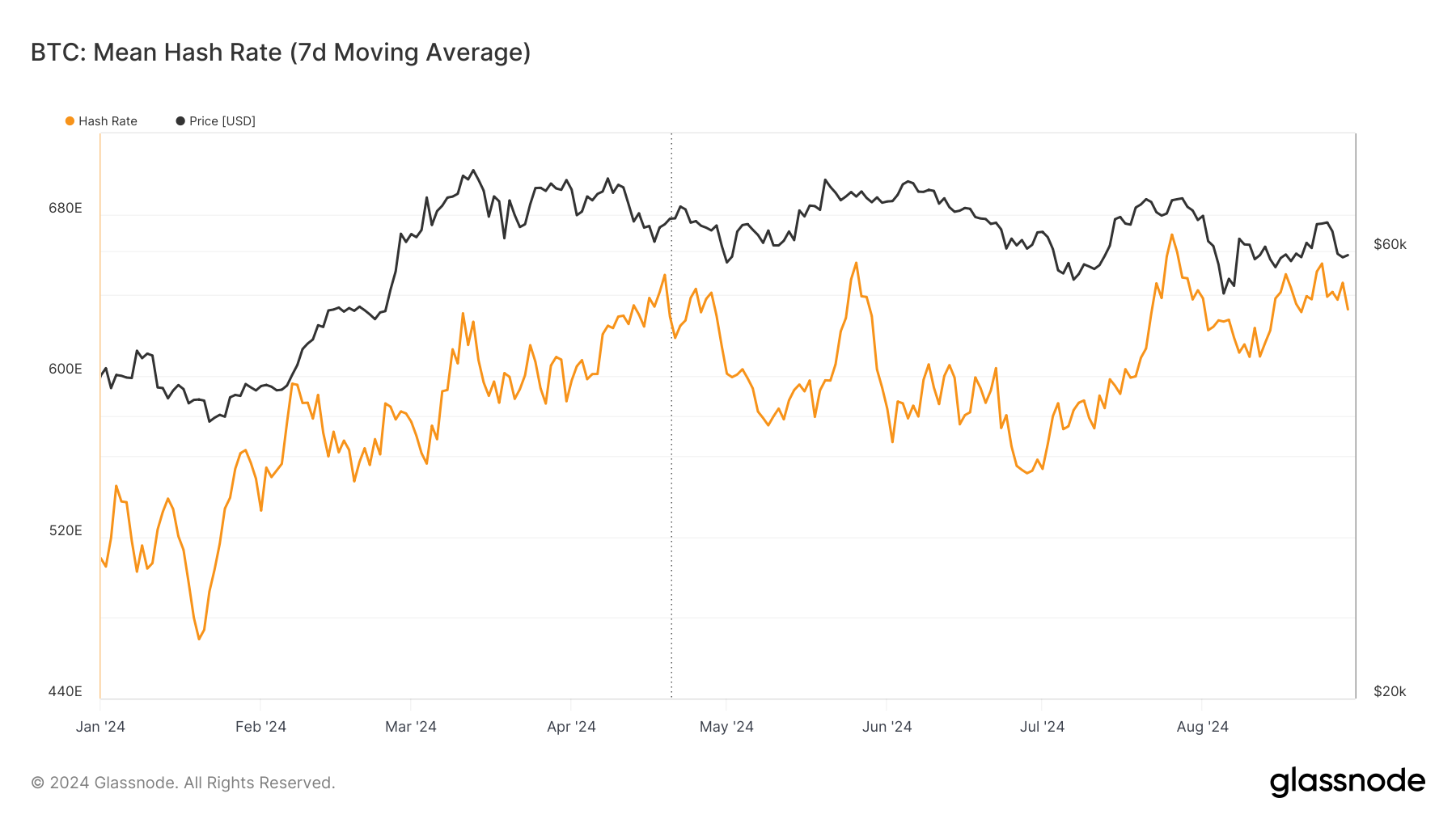- Zambia’s central bank and securities regulators are currently testing the technology to regulate cryptocurrencies.
- The country is already putting in place the infrastructure required to help the nation achieve this target.
Zambia’s central bank and securities regulators are currently testing the technology to regulate cryptocurrencies, said a Zambian government minister.
Felix Mutati, Zambia’s Minister of Technology and Science, said that the country’s central bank and the Securities and Exchange Commission are working on testing technology to regulate cryptocurrencies.
The minister recently remarked that cryptocurrency is a revolutionary technology that represents the future that his country aspires to achieve.
The aspirations of Mutati
Mutati also said that regulatory technology testing will soon be scaled up as part of efforts to help Zambia achieve an inclusive economy.
Furthermore, the minister stated that Zambia, which aspires to be the region’s technology hub, is already putting in place the infrastructure required to help the country achieve this target.
Though the Bank of Zambia has previously discouraged the use of cryptocurrencies such as Bitcoin, Mutati’s remarks suggest that the administration of President Hakainde Hichilema is warming to cryptocurrency.
Mutati stated that Zambia has established itself as a preferred investment destination for many investors. He went on to say that the country has created a magnetism that attracts investment, and that it is one of the African countries that has done so.
What about the future?
Once the envisioned digital payments infrastructure is in place, the minister sees cryptocurrency as a driver of financial inclusion as well as a game changer for the national economy.
Zambia hopes to achieve this through the yet-to-be-launched central bank digital currency, in addition to using cryptocurrencies to advance the country’s financial inclusion agenda (CBDC).
Previously, the Bank of Zambia began investigating the benefits and drawbacks of using a CBDC, with a conclusion expected in the fourth quarter of last year.
The bank wanted to launch a CBDC because it believes that it has the potential to narrow the financial exclusion gap and reduce transaction costs. However, before launching the CBDC, the central bank said it needs to understand the study’s findings.



